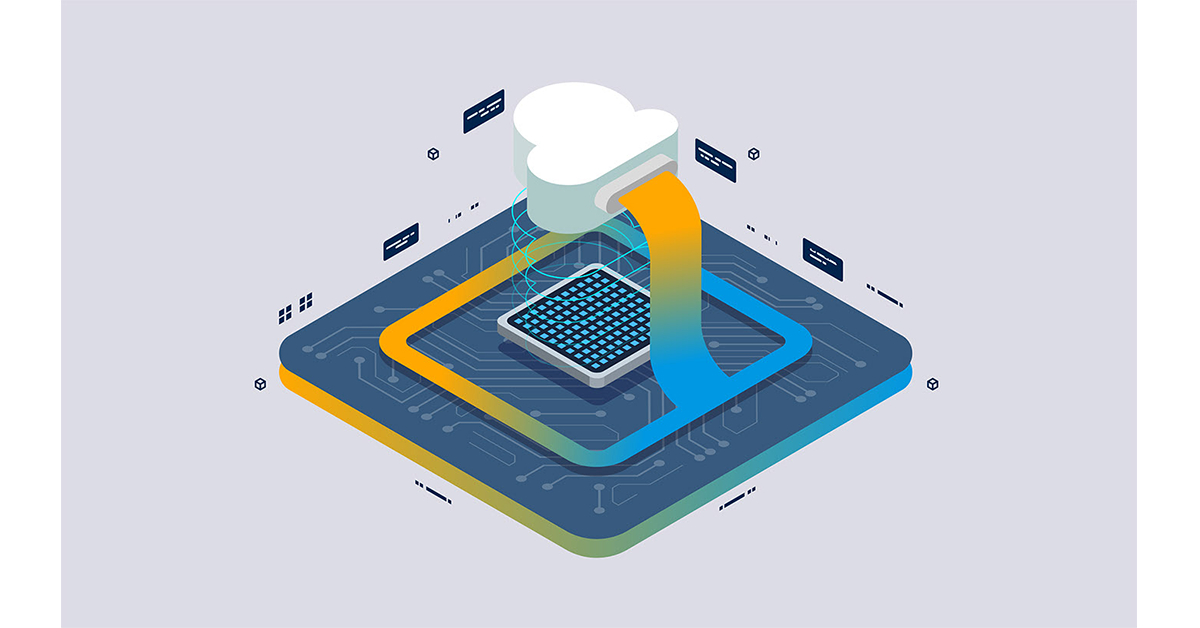
How can companies access large databases?
Companies can store and process large amounts of data from a variety of internal and external sources. For example, company databases, social media and search engines, these are the sources from which we can get relevant business ideas. They can anticipate events that may have a direct impact on business operations and their performance.
From a marketing point of view, it helps you to increase communication with customers, through various promotions, offers or other services tailored to them. Successful companies use large databases to determine current and future market charts before launching a new product or service.
The role of the server in large databases
To get the most out of big data, it is important to select the ideal server that can protect large databases without increasing costs or complications. There are several challenges when it comes to large databases, need to process requests, fast database maintenance and support. An important part of this strategy is choosing the right type of server. Standard servers generally lack the resource capacity and technical configuration required for various large data operations. So you will need Premium servers that are specially configured for large databases.
In our blog, we present some ideal factors to consider when choosing a server.

The ideal features of a large data server are massive storage, fast recovery, and a high level of analytics capabilities. So you need servers with the right configuration and capabilities to meet all of these requirements without compromise.
Volume
Big data needs huge volumes that can be as big as petabytes (Petabyte equals 1,000,000 GB). Make sure your server can not only handle this huge amount, but can continue to work stably while using it.
Real-time analysis
Large databases need proper organization and control, so be sure to select the right server that will be able to analyze in real time and display problems in the fastest time.
RAM (RAM) plays an important role in database analytics. Using RAM will dramatically speed up the work and save time. This leads to increased productivity and faster loading on the market. With these factors in mind, you will gain a competitive advantage in the market industry. Recommendations Choosing RAM is difficult, as long as we know the details and load of a particular company, then the relevant size will be chosen, although at least 64 GB of RAM (RAM) is preferred.
Unlike traditional databases, NoSQL databases are not limited to a single server, but can be widely distributed across multiple servers. This helps to handle huge calculations, multiplying its capabilities and immediately expanding it to meet the modified requirements in seconds.
You will need to send large amounts of data to the server. Lack of sufficient internet speed can restrict the performance of your operations. You do not have to enter large volumes of databases regularly. You can choose a network size of 20-100 terabytes. To facilitate this process, contact your service provider and provide information about the expected data transfer requirements.
In addition to storing permanent data, your server will also receive a lot of intermediate data generated during various analytical processes. So you will need enough data storage, however you should consider your requirements before purchasing and whether or not you will need a large volume of storage. For example you bought SSD Storage, however your data does not require a similar capacity storage and even a hard drive can store your requirements at much lower prices. However, when dealing with large database storage, it is necessary to take appropriate measures, such as purchasing SSD Storage, which is much faster than HDD Storage.
Big data will help you grow your business at a very fast pace. However, in order to get the most out of your big data strategy, you need to create the necessary environment that also includes the ideal hardware.
Our blog introduces you to 5 key factors to consider when it comes to having big data and choosing the right server.